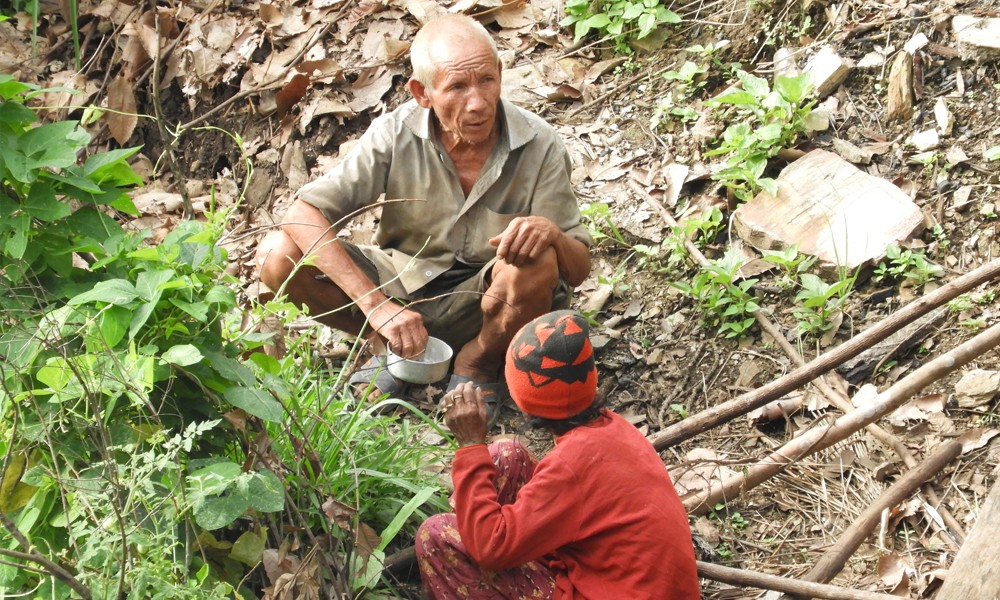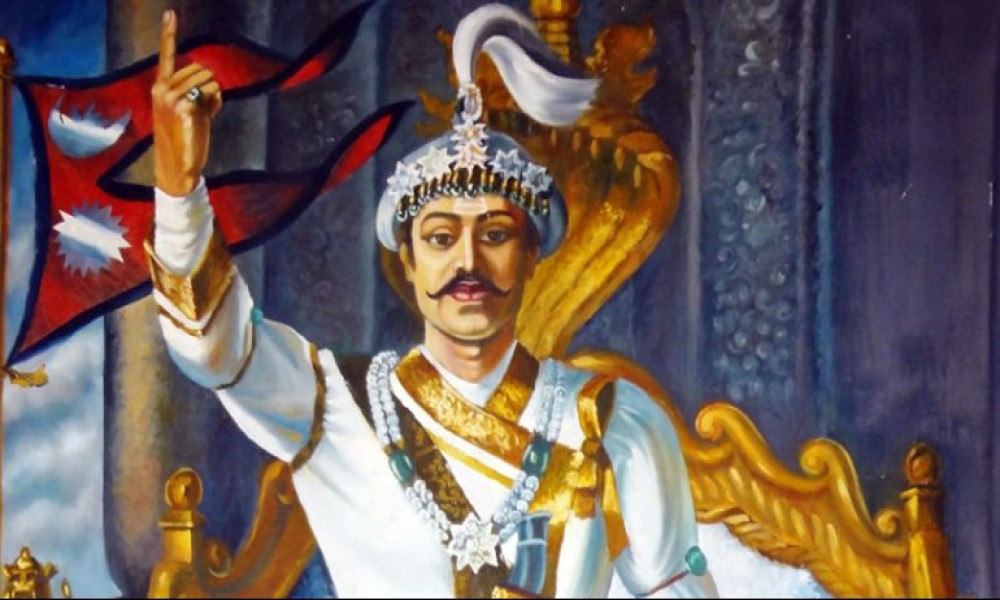Nepal's political parties are now sharply divided over models of federalism. As they fail to agree upon a particular federalism model, constitution writing process is unlikely to be complete any time soon.
There is a growing demand for ethnic identity-based federalism. But, some major parties, particularly the NC and the UML, are dead against this idea. The row over federalism model has created difficulties in the state restructuring process as well.
As the deadlock over constitution persists, Prof Dr Krishna Hachhethu advises political parties to take into account provisions of interim constitution and agreements reached with indigenous people in the past. He says, "We have no option but to go for a federalism model based on our interim constitution and past agreements with indigenous people."
"The article 38 (1) of Nepal's Interim Constitution-2007 clearly states that the state will be restructured while addressing political aspirations of indigenous people, Madhesi and all other backward communities for their autonomous provinces."
Hachhethu adds, "The article 38 (1) of Nepal's Interim Constitution-2007 clearly states that the state will be restructured while addressing political aspirations of indigenous people, Madhesi and all other backward communities for their autonomous provinces."
In addition to provisions in interim constitution, the first Constituent Assembly (CA) has also recognized identity as the basis of federalism. Hachhethu says, "We cannot ignore what the first CA has already agreed upon."
Conspiracy against federalism and identity
Political analyst CK Lal says the anti-federalism and anti-identity political force is now hell-bent on distorting the very concept of federalism.
Lal says, "Federalism is now being misinterpreted just as another form of decentralization, which is wrong. Federalism is not just about creating administrative units as in decentralization."
"The anti-federalism force says concepts of federalism, inclusion and secularism are not our own; they are imported from other countries," says Lal. "But, they do not question foreignness of democracy, capitalism and modern army. After all, all these are essentially foreign concepts."
UCPN (Maoist) lawmaker Kamala Dong says the joint proposal put forward by the NC and the UML, which intents to divide Nepal into 7 federal states based on geography, has made the current political situation more complex.
Some lawmakers who represent the NC and the UML say the joint proposal was not discussed with them before it was forwarded to the CA's Constitutional Political Dialogue and Consensus Committee (CPDCCC). "They never discussed it with us," says Baijanath Chaudhary, a CA member representing the UML. "The just sent it to the CPDCCC)."
But, lawmaker Dong criticizes Chaudhary for not objecting to his party if his consent was not sought on the joint proposal. "There is no point in just saying it in public," said she. "You have to raise this issue within your party."
All lawmakers belonging to indigenous communities often stress the need for unity to push forward their issues. But, they do not muster courage to unite themselves for their common agendas in decisive moments. They always fail to go beyond the interest of their respective parties. They always give in to the whips of their parties. "Unless we are united, we cannot push forward our issues," says lawmaker Dong. "To ensure our rights, we must stand together, we must keep fighting."









